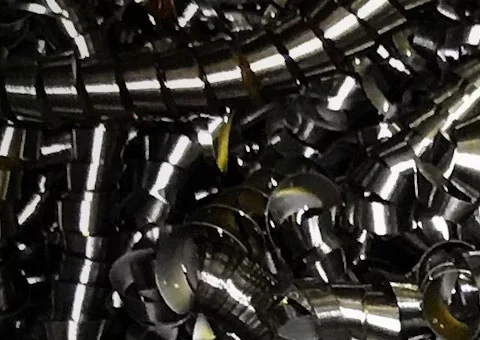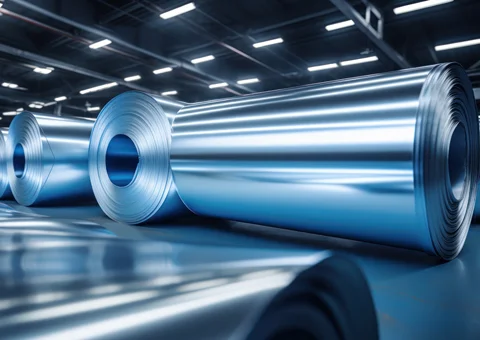The much-anticipated boom in scrap trading is yet to materialise simply because steel demand globally is not supportive, according to Tayfun iseri, chairman of Turkey’s Flat Steel Product Exporters, Importers and Manufacturers Association (YISAD).
“I said scrap would not be the new gold. I was right. Scrap prices are dictated by steel demand,” ??eri said at Kallanish Steel Scrap 2025 in Istanbul last week.
Global demand will remain slow in the first six months of 2025, or until inflation and interest rates have been brought down sufficiently to encourage consumer spending on things like cars and houses.
Political dynamics are also likely to play a key role. Much will depend on whether the US and Russia can reach a deal over the Ukraine war and whether this means sanctions on Russia will be removed. The Gaza situation, meanwhile, remains uncertain.
The EU’s energy transition is unlikely to have a serious impact on scrap supply and demand till at least 2027, ??eri observed.
The US tariff situation is so fluid that the outlook for global trade is changing daily, while US President Donald Trump likes to keep things uncertain. “Scrap costs could surge because 25% of US scrap imports are from Canada. Right now there is no tax on scrap or metallics. But we don’t know what he [Trump] is going to do,” Iseri noted. There are also questions over whether US rolling mills will be able to continue importing slab feedstock, he added.
The world has gone from globalisation to regionalisation, to localisation. It remains to be seen whether the steel industry survives the latest shift, Iseri observed.
Trump’s actions are likely to spur foreign investment in the US. Hyundai Steel was recently reported to be considering building a US plant, while the Nippon deal for US Steel is likely to go through, Iseri believes. Although Trump has identified priority sectors he wants foreign firms to invest in, the question nevertheless remains whether investors have the appetite amid high inflation and interest rates.
In the case of Turkey, crude steel production capacity will exceed 97 million tonnes/year by 2053, with electric arc furnaces accounting for 85%, said Turkish Steel Producers Association (TCUD) general secretary Veysel Yayan. Trump’s tariffs will further localise the steel sector, with consequences for Turkish trade. “The export market might not be our first target. We will look at local market conditions first,” he added.
Turkish domestic scrap collection has meanwhile reached some 12m t/y and will continue to grow. “The share of Turkish local scrap collection will be step by step higher,” Yayan commented. “If you look to our friends at Eurofer, you may have the impression we are importing more and more from Europe. That’s not the case … It’s slowly decreasing.”
Source:Kallanish

